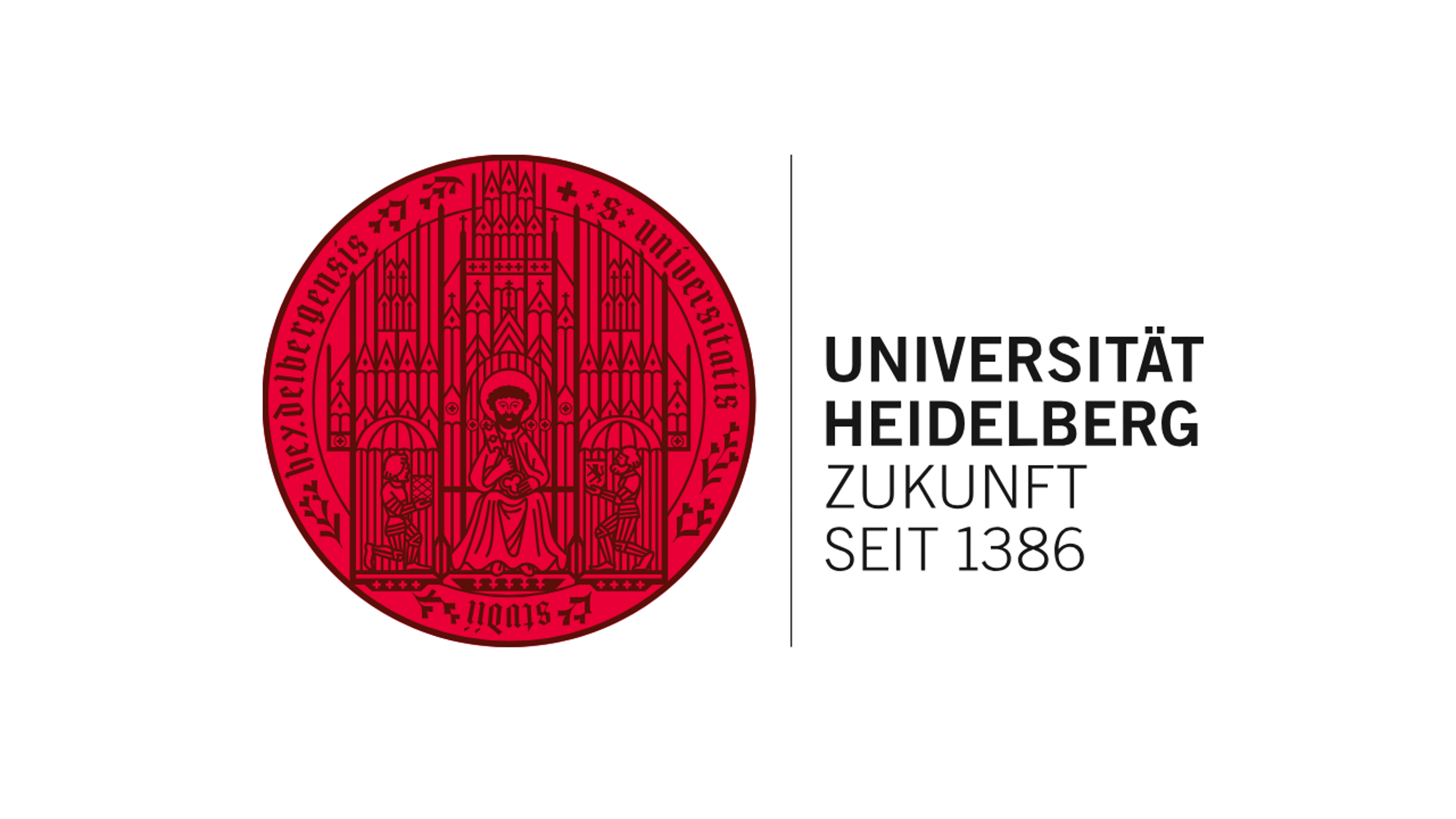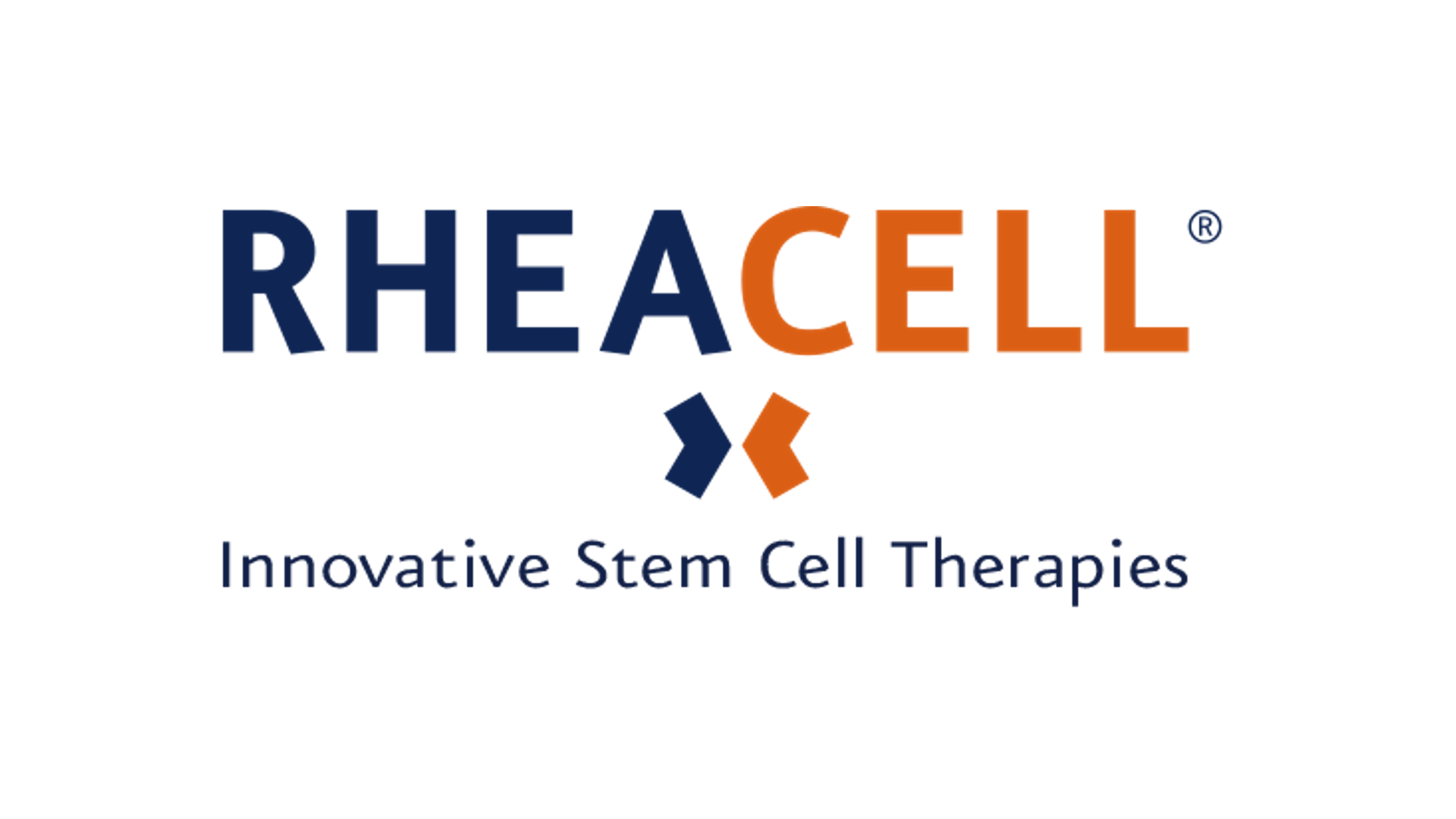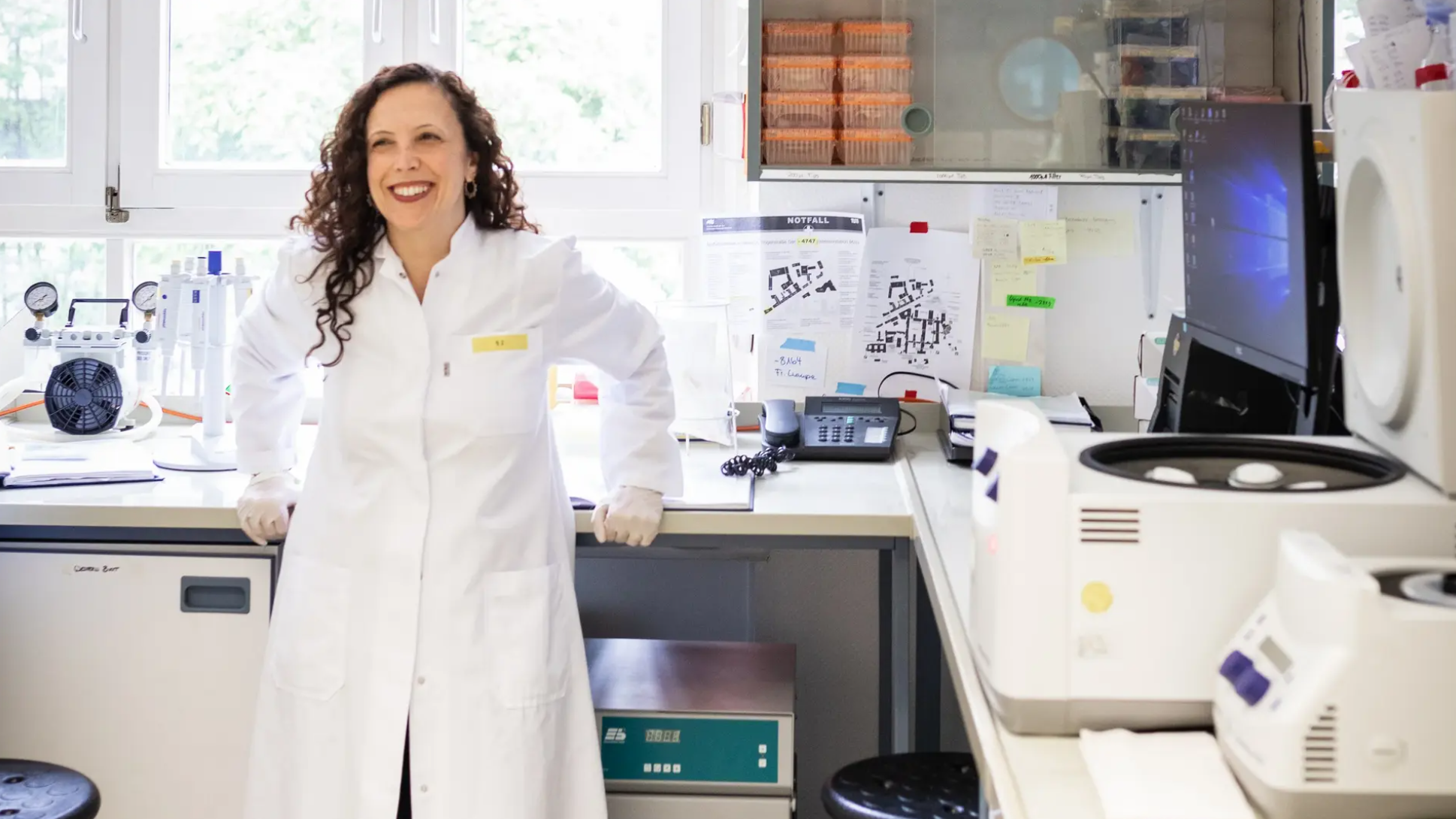Heidelberg Scientist Receives Highly Endowed ERC Synergy Grant

Prestigious funding by the European Research Council for innovative biomedical project
Heidelberg scientist Dr Venera Weinhardt has received an ERC Synergy Grant for a pioneering biomedical research project in collaboration with teams in Ireland and the United Kingdom. The European Research Council (ERC) is granting this highly endowed funding to advance soft X-ray microscopy. This innovative imaging technique along with other innovations will be used to investigate the hepatitis E virus. The synergetic project is at the interface of physics, structural biology, and infection biology and is coordinated at University College Dublin. To fund the six-year-long research studies, the ERC is making available approximately six million euros, of which just under 1.8 million euros are for Dr Weinhardt’s research at the Institute for Molecular Systems Engineering and Advanced Materials of Heidelberg University.

Viral pathogens, such as the hepatitis E virus, change the inner structure of the cells they infect. Visualizing and quantifying these changes at the level of individual cell components is, according to Dr Weinhardt, a challenge in current research. The goal of the ERC project “Nanoscale X-ray tissue imaging: understanding the pathophysiology of hepatitis E infection” (NanoX) is to make soft X-ray microscopy usable for this. This technique is used to image cultivated cells but has not yet been used to examine cells in the complicated three-dimensional architecture of tissue with its complex cell-cell interactions. Together with Dr Nicola Fletcher (Dublin) and Prof. Dr Maria Harkiolaki (Warwick), the Heidelberg scientist is working on several technological innovations in this context. They are a microbiopsy tool for rapid, targeted tissue sampling, high-tech 3D imaging with nanometer-resolution, and novel AI-based data analysis approaches to uncover hidden patterns and structures at the subcellular level. With unprecedented detail and complexity, these innovations are intended to provide insights into the pathogenesis of the hepatitis E virus, which causes an infection with no specific therapies or vaccines available.
Venera Weinhardt studied physics at Tomsk Polytechnic University (Russia) and obtained her doctorate at the Karlsruhe Institute of Technology (KIT). After working at Heidelberg University and again at KIT, she continued her research as a Visiting Fellow at the Lawrence Berkeley National Laboratory (USA) from 2017 to 2019. There the physicist, who has specialized in developing innovative X-ray technologies, worked on optimizing soft X-ray tomography so that it can provide high-resolution 3D images of whole cells and their molecular structure within minutes. Currently, Dr Weinhardt is a project leader in the research group “Developmental biology and physiology”, which is located at the Centre for Organismal Studies and headed by Prof. Dr Joachim Wittbrodt.
The ERC Synergy Grants fund collaborative projects that, due to their complexity, are carried out by several scientists and their groups, in order to achieve breakthroughs that would not be possible in individual projects.




